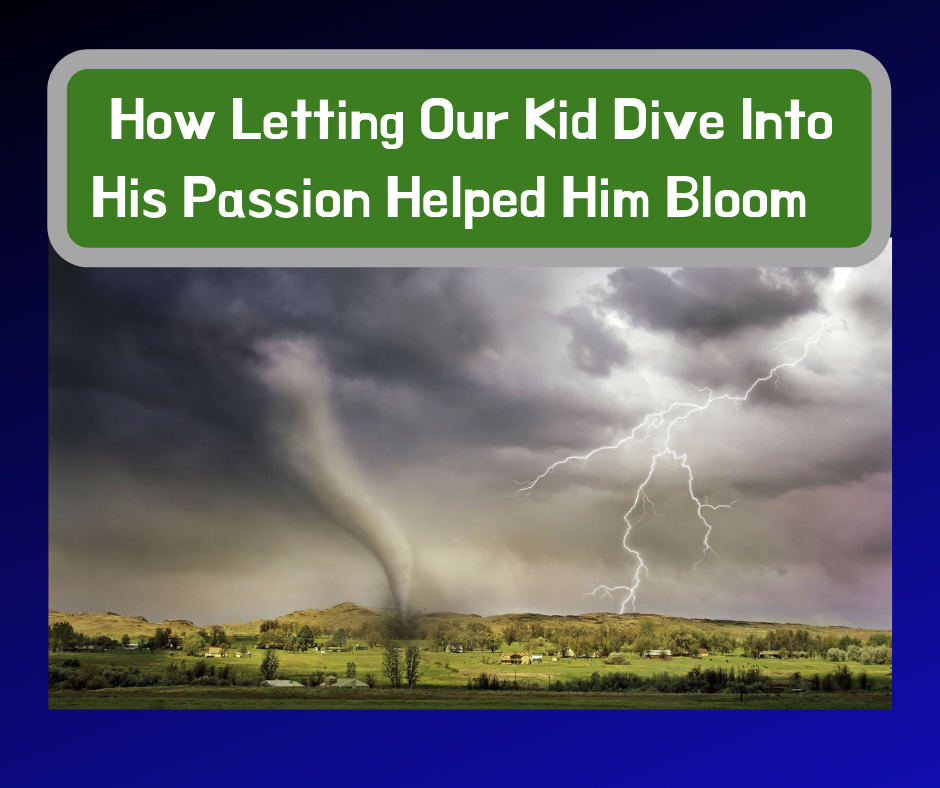Practical Ways to Stoke the Fire of Learning
And inspire your child to become a learner for life!
In her book “Teaching from Rest” Sarah Mackenzie references the quote, “Education is not the filling of a bucket, but the lighting of a fire.” She goes on to say “…but we must remember that a fire does indeed need to be lit, and then stoked, or else it will burn out.”
There indeed is a balance between pushing your child too much and not pushing enough, and keeping the fire stoked is part of that balancing act.
In this post, I lay out some practical ways you can stoke the fire.
This blog post contains affiliate links and any purchases made through such links will result in a small commission for me (at no extra cost to you).

Recognize the spark.
Before you can stoke the fire in your child’s learning, you have to first recognize what sparks their interest. For some children, their interests are much more obvious. If it’s not so obvious, ask yourself: What motivates them? What types of things do they get excited about? If they had loads of free time, how would they spend it? Consider the ways they are “smart”, as that likely could shine a light on what their interests may be.
Provide resources and opportunities.
The easiest (and cheapest!) way to provide resources is using your local library. Find books on the topics of their choosing. Show them youtube videos relating to their interest. Are there classes (online or in-person) they can sign up for that will help them grow and learn more? Are there simple things you can buy (or find for free) that can cultivate their learning?
Ex: Some kids love taking things apart… You could find old appliances/computers for them to do so.
Provide time.
Allow time in your schedule to give them space to explore, wonder and create. What does your day look like? Is it scheduled to the hilt? If so, consider paring back a little to give margin so they have more breathing room to explore and dive into their interests. More time also allows for more conversations that can cultivate a culture of curiosity and wonder.
Help them set goals.
Goals give us something to shoot for. It can move us out of a place of laziness/complacency to action. Are there goals you can set with your child to help them grow? A goal could be as simple as completing a project related to their interest or taking a class to grow their skills.
Expose them to a variety of subjects and topics.
I think this point is especially important for those kiddos whose interests aren’t as obvious. By giving a buffet of learning, we can see what interests stick. During Covid, we started to hike more as a family. My son, whose previous interest (for YEARS!) was weather, became very interested in maps, hiking, geography, and state parks as a result.
Tie it into the other subjects when possible.
Now, this is obviously not always possible. But when you can, tie their interests into other subjects. Are they interested in cooking? Then find out what foods they ate in different periods of history and what they eat in different parts of the world. Minecraft (or any building activity)? Have them create builds related to what they’re learning. Drawing/art? They can draw pictures related to what they’re learning about history/other topics (Chalkpastel.com is great for this!)
You get the idea.
Give them opportunities to teach others what they know.
In his book, Passion-Driven Education, Connor Boyack refers to this teaching of others as the protégé effect. The protégé effect is an idea introduced by Roman philosopher Seneca. Seneca said, “While we teach, we learn.”
This could be teaching to younger siblings, or family members, or friends. It could be formal or informal. The point is when you teach something you learn it on a different level. It propels you to a place where you really know and own the information.
Ask what they would like to learn about.
This is simple, but you could just ask your child what they would like to learn about. Chances are you already know, but you may be surprised!
Books I recommend related to this topic:
-
Awaking Wonder: Opening Your Child’s Heart to the Beauty of Learning
-
The Brave Learner: Finding Everyday Magic in Homeschool, Learning, and Life
-
8 Great Smarts: Discover and Nurture Your Child’s Intelligences
-
Teaching from Rest: A Homeschooler’s Guide to Unshakable Peace
-
The Self-Driven Child: The Science and Sense of Giving Your Kids More Control Over Their Lives
-
Passion-Driven Education: How to Use Your Child’s Interests to Ignite a Lifelong Love of Learning





